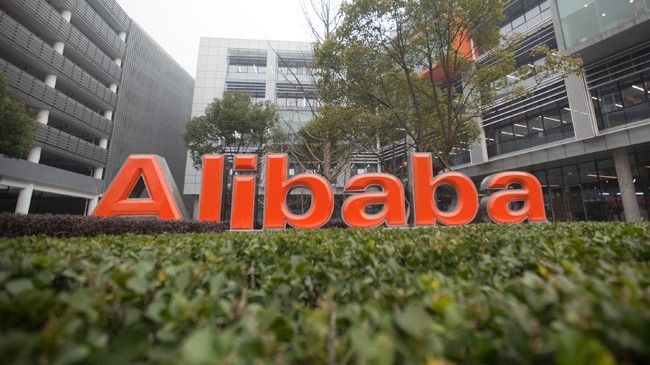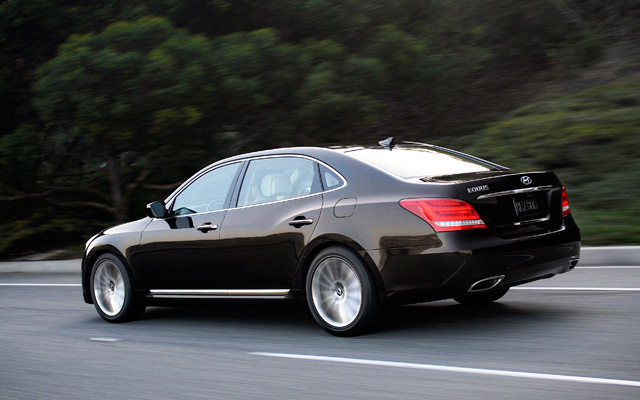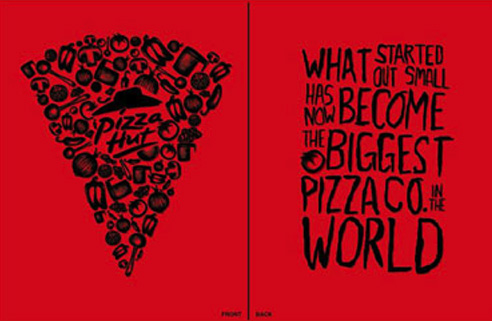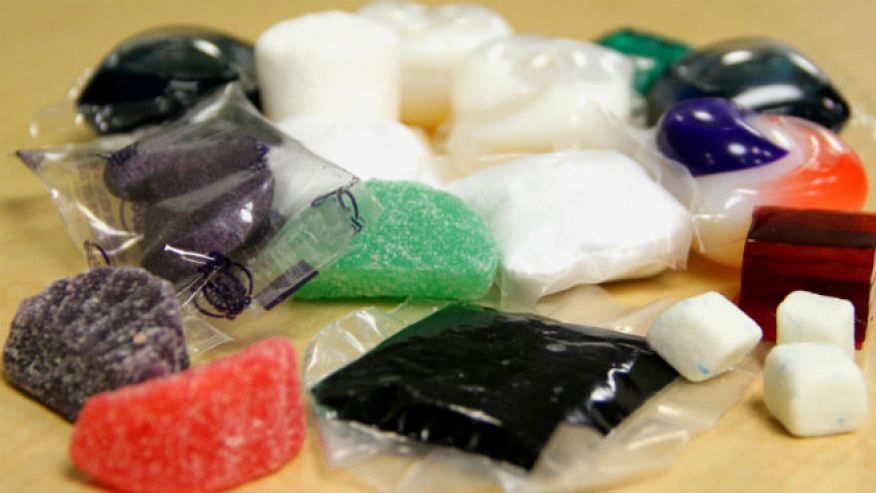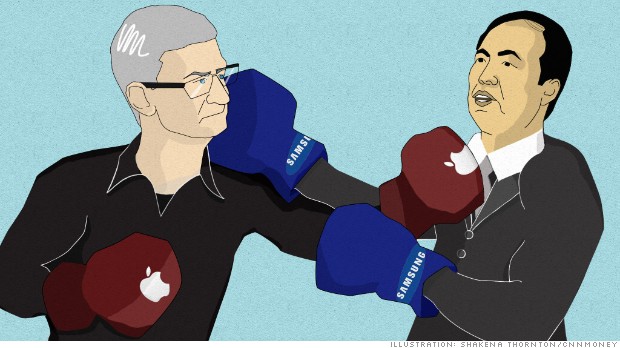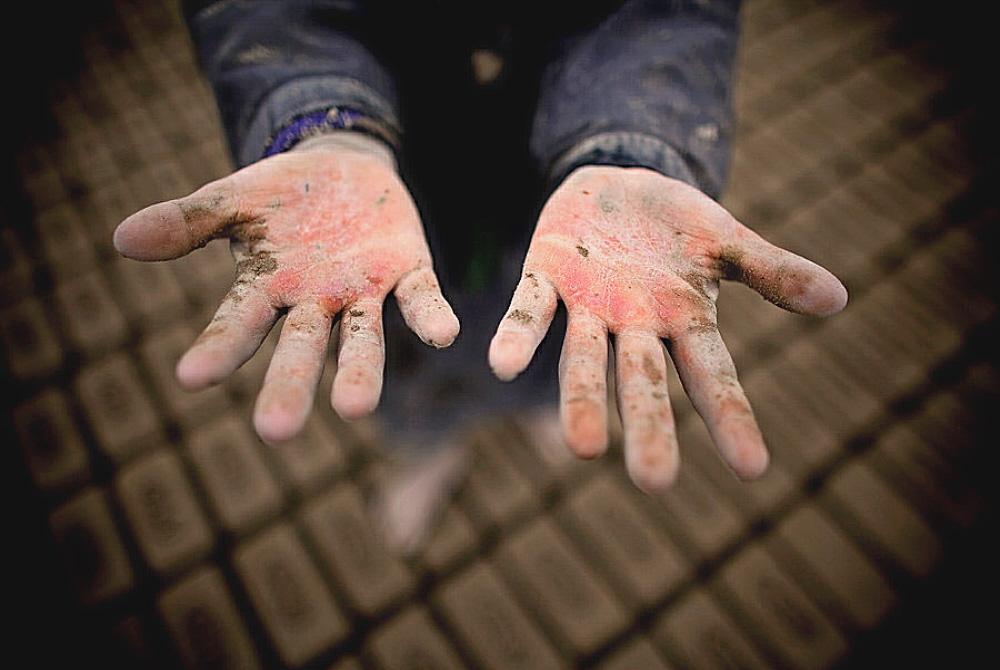Chris MacDonald talks about businesses’ responsibilities through the example of Jack Ma, the founder and executive chairman of the Alibaba Group, in his blog post, “Alibaba’s charity is good for the developing world—but its business is better.”
In his blog post, he states that Jack Ma says “When you have more than $1 billion, you have responsibility” which shows Jack Ma’s view on businesses’ social responsibility. Jack Ma believes in giving back to society, so he personally has set aside $3 billions of his IPO earnings to donate to environmental and educational projects in China. In addition to that, Alibaba Group, as a corporate side, donates 0.3 percent of their revenue. Additionally, Chris MacDonald mentions about the value of the Alibaba Group business which demonstrated when he says “[Alibaba] enable enormous quantities of mutually-advantageous exchange.”
Thanks to the business he founded and the activities they offer, people could connect to each other and commerce is enabled. From Jack Ma, I was able to learn what the responsibilities of businesses are and why businesses have to give back to society. Also, Jack Ma demonstrates the actual action of giving back which I admire.

